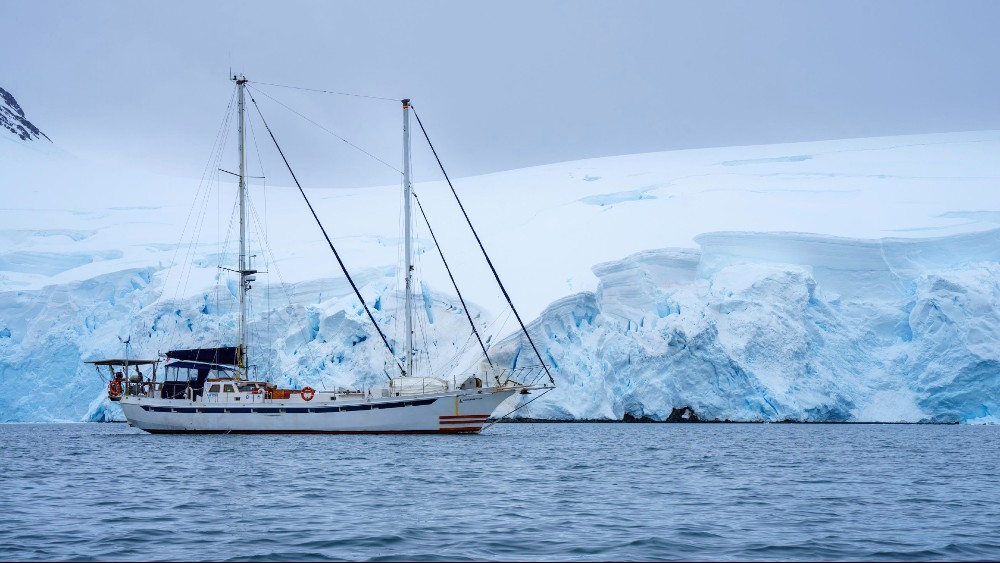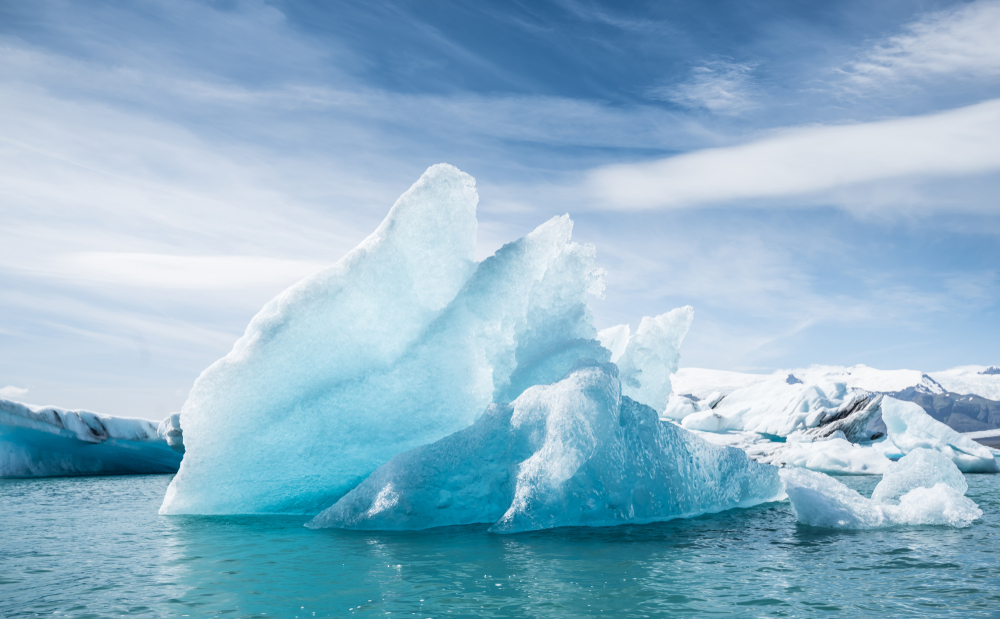The International Polar Year 2007-2008 was a significant milestone, since when there has been an increasing participation of the national scientific community in the field of polar research. The importance of the study of polar regions is based on the variety of information provided, regarding the global climate system and its changes and paleoenvironmental reconstitutions, as well as the knowledge provided in multiple domains such as oceanography, ecology, microbiology, glaciology and space. Thus, in addition to the potential that the polar region holds in itself, the specificity of its characteristics lends itself to fundamental analogies for understanding and predicting the dynamics of other environments and planets.
Portuguese scientists have been developing their activity in the polar regions benefiting from the collaboration of countries with establishments in these areas. The autonomy of the national scientific community dedicated to polar research and the good continuity of the work started have revealed the need for its own logistical structure to ensure the sustainability and consolidation of the activity developed there. Following the assessment carried out by the national scientific community about the needs inherent to the evolution of polar research, the obligations arising from Portugal's accession to the Antarctic Treaty in January 2010, the specificity of the logistical infrastructures involved, namely technological, and the accentuated international character of the partnerships and entities in which the Portuguese participation is integrated, the creation of the FCT Polar Program in December 2011 responds to the need for a basis for institutional support and monitoring of national research in the polar regions.
The Polar Program has two scientific advisors: Professor Gonçalo Vieira (University of Lisbon) and Dr. José Xavier (University of Coimbra), in permanent articulation with FCT in the various initiatives in the polar area.
Polar Program Goals
- Organize dissemination and communication actions on Portuguese polar research in Antarctica and the Arctic.
- Propose and coordinate logistical support measures for Portuguese polar research.
- To establish the necessary practices for the correct application by researchers of national institutions, in order to comply with the standards for research in Antarctica, arising from the signature of the Antarctic Treaty and the Madrid Protocol (Environmental Protection in Antarctica).
- Propose actions to strengthen international collaborations and protocols in the area of polar sciences.
- To serve as a link between FCT and the national scientific community interested in polar themes.
- Ensure liaison between the Ministry of Education and Science and the Ministry of Foreign Affairs to promote polar science and the correct placement of national scientists in international protocols.
- Ensure that the Portuguese scientific community is represented in the main international scientific and polar science management organizations, such as the Scientific Committee on Antarctic Research (SCAR), the European Polar Board (EPB), the International Arctic Science Committee (IASC) and the Council of Managers of National Antarctic Program (COMNAP).
- Support the Scientific Council of Natural Sciences and the Environment and the Directive Council of FCT on polar science issues.
- Organize the national polar database by forwarding them to the Antarctic Master Directory, as suggested by SCAR and COMNAP under the Antarctic Treaty Advisory System.
- Propose and stimulate partnerships between research institutions and industry in order to promote technology transfer and the economic valorization of knowledge.

